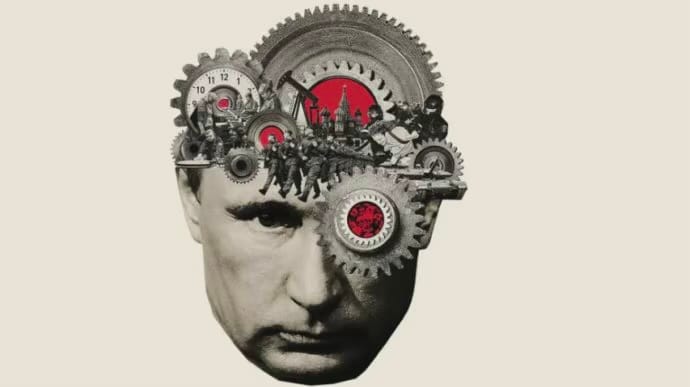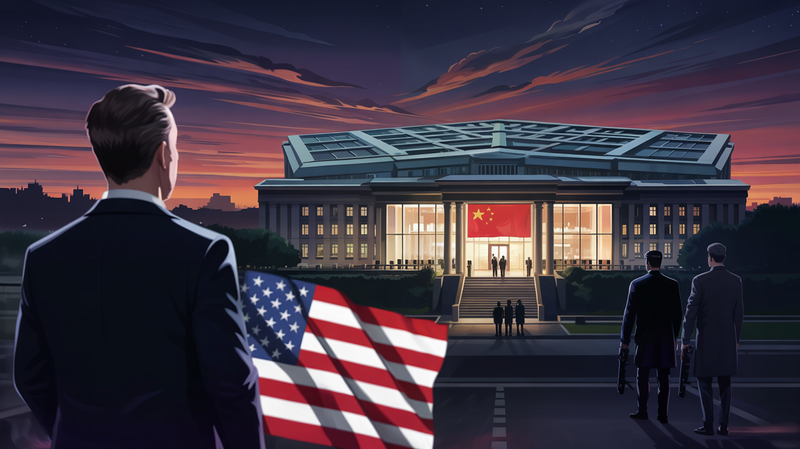The Geopolitical Chessboard: Evaluating Putin's Position in the Ukraine Conflict
As the war in Ukraine continues to unfold, the geopolitical landscape presents a complex and evolving scenario. Despite initial optimism about Ukraine's resilience and counteroffensive capabilities, recent analyses suggest a potential shift in the conflict's trajectory, with Russian President Vladimir Putin potentially gaining an upper hand.

As the war in Ukraine continues to unfold, the geopolitical landscape presents a complex and evolving scenario. Despite initial optimism about Ukraine's resilience and counteroffensive capabilities, recent analyses suggest a potential shift in the conflict's trajectory, with Russian President Vladimir Putin potentially gaining an upper hand.
According to a report by The Economist, Europe's strategic ambiguity and the potential decrease in US military support could be playing into Putin's advantage. The concern is that without a unified and robust response from Europe and potential fluctuations in US aid, Russia could sense an opportunity to press forward in the conflict. The report emphasizes the need for Europe to demonstrate its resolve, suggesting that arming Ukraine with advanced defensive and offensive weaponry could serve as a significant deterrent against Russian aggression.
Further insight from the New Statesman highlights the changing dynamics on the ground. The limited gains from Ukraine's recent offensive operations and the onset of winter, impeding military movements, have led to a more somber assessment of Ukraine's immediate prospects. Simultaneously, Russia's improvements in defensive tactics and electronic warfare capabilities, along with increased shell production, suggest a strategic recalibration. This view is compounded by the fact that Russia's war economy seems to be sustaining the prolonged conflict, partially offsetting the effects of Western sanctions.
An article from Yahoo News adds another dimension to this analysis by focusing on the domestic front in Russia. A team of liberal economists has been instrumental in keeping the Russian economy afloat despite sanctions and the costs of war. Their efforts in managing the country's fiscal and monetary policy have enabled Russia to navigate through economic crises, thus providing Putin with the necessary economic stability to continue his military endeavors in Ukraine.
In conclusion, while the situation in Ukraine remains fluid and fraught with uncertainties, these perspectives underscore the complexities of the conflict. They highlight the interplay of military strategy, economic resilience, and international diplomacy in shaping the course of this significant geopolitical event. As the conflict progresses, the international community's response and strategic decisions will be crucial in determining the future trajectory of the Ukraine-Russia war.




